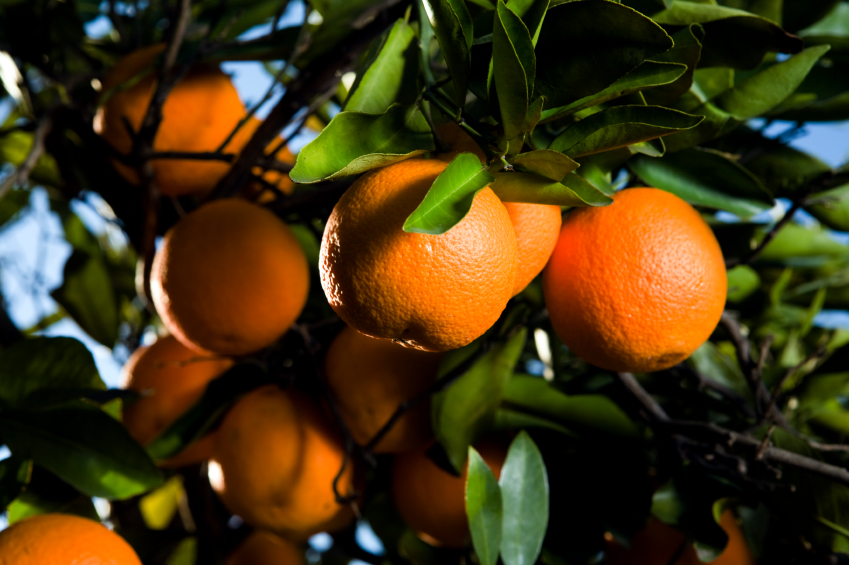The history of cultivating citrus
By L Gene Albrigo Citrus is one of the most important exported fruit crops. Large plantings in countries bordering latitudes 20 south and north and in-between provide fresh and processed citrus for the more populated northern European and American countries as well as other large populations around the world. Citrus has also been a cultivated…
The Grapes of Change
By Glen L. Creasy, Sabrosia Winegrowing Services, France Grapevines are an amazingly versatile plant. They survive in many and varied climates, they can be cut back and trained in many different ways (on a yearly basis if need be), and they produce a fruit that is made into a wide range of products that make up…
Misshapen fruit and ugly veg….is it time that retailers relaxed cosmetic specifications?
Would you eat a carrot with three roots or an overly curved cucumber? The contribution of "ugly" fruit and vegetables to food wastage is not a new problem but one that has moved in and out of the spotlight for several years. A new BBC production "Hugh’s War on Waste", fronted…





